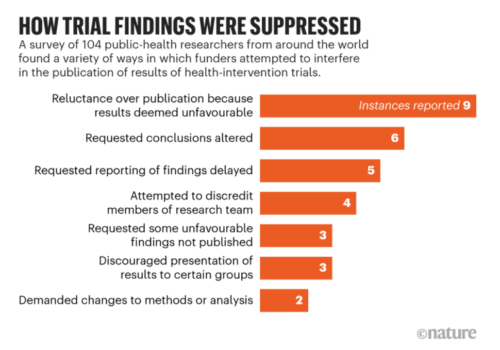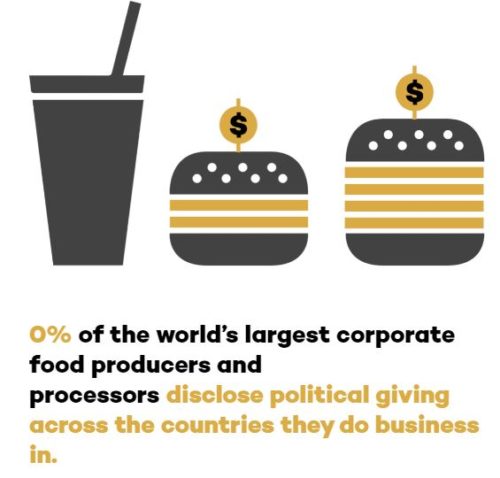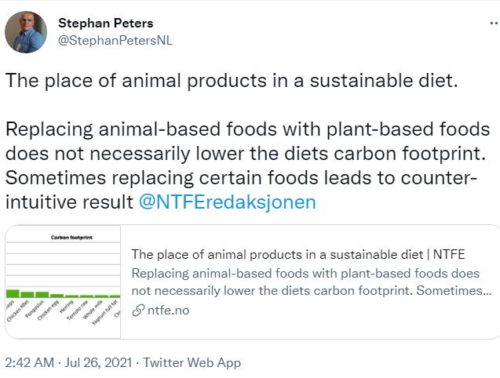Industry-funded study of the week: strawberries
A sharp-eyed reader, Paula Rochelle, sent me this one. From the title alone, she suspected industry sponsorship. Good thinking!
Dietary intervention: For 90 days: “12 g of a lyophilised, standardised blend of SB sourced from equal parts of Albion, San Andreas, Camino Real and Well-Pict 269 varieties, twice daily (24 g/d, equivalent to two cups per serving of fresh SB).”
Results: “This study found that 90 d of dietary intervention with SB resulted in (1) improved word recognition and (2) improved spatial learning and memory in a virtual navigation task among healthy older adults.”
Conclusion: “In conclusion, these findings suggest that the inclusion of SB in the diet may aid in preserving some aspects of hippocampal cognitive function during normal ageing.”
Funding: The study was funded by the U.S. Department of Agriculture and California Strawberry Commission.
Conflicts of interest: The authors declare that they have no conflicts of interest.
Comment: This study received partial support from USDA as part of its effort to promote fruit-and-vegetable consumption. The California Strawberry Commission wants people to buy more strawberries. It summarizes the research it sponsors on its website. Everyone knows that eating fruits and vegetables is good for health. Why does the Strawberry Commission go to all this trouble to demonstrate that strawberries are good for health? My guess: to compete with blueberries for market share. This, like other such studies, is about marketing. The authors do not view strawberry industry funding as a source of conflicted interests. They should.
Reference: For a summary of research on the “funding effect”—the observations that research sponsored by food companies almost invariably produces results favorable to the sponsor’s interests and that recipients of industry funding typically did not intend to be influenced and do not recognize the influence—see my book, Unsavory Truth: How Food Companies Skew the Science of What We Eat.





